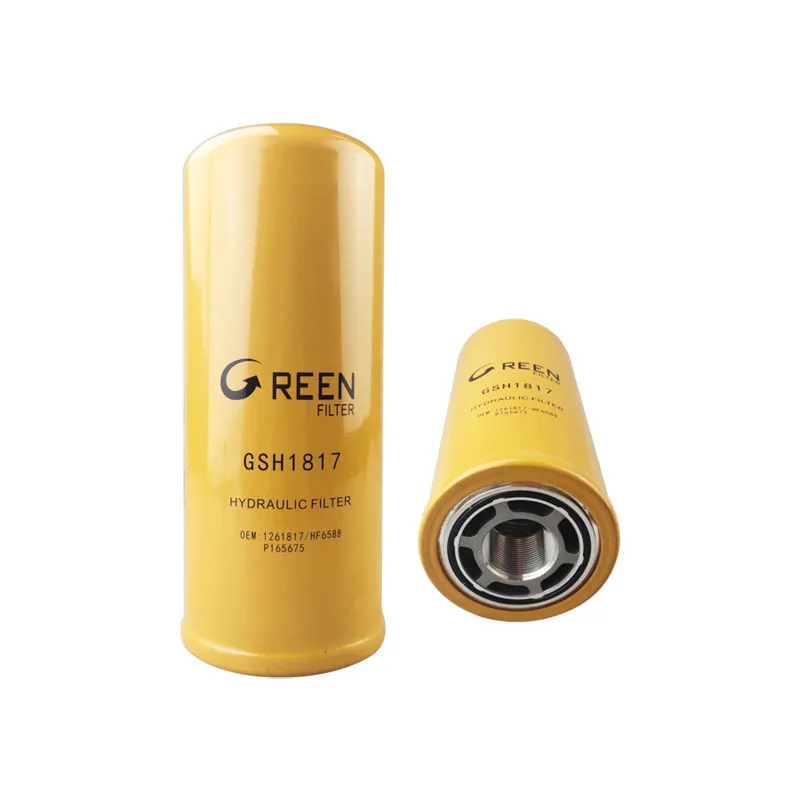Understanding Hydraulic Filters: The Unsung Heroes of Hydraulic Systems
2024-08-13
Hydraulic systems are the backbone of many industrial and mechanical operations, from heavy machinery in construction to the complex equipment used in manufacturing. At the heart of these systems lies a crucial component that often goes unnoticed: the hydraulic filter. These filters play a vital role in ensuring the smooth and efficient operation of hydraulic systems by maintaining fluid cleanliness and preventing contamination.
What is a Hydraulic Filter?
A hydraulic filter is a device designed to remove contaminants from the hydraulic fluid used in a system. These contaminants can include particles of dirt, metal shavings, and other debris that accumulate over time and can cause significant damage to the system if not properly managed. By filtering out these impurities, hydraulic filters help maintain the integrity of the fluid, ensuring that the system operates efficiently and without unnecessary wear and tear.
Why Hydraulic Filters Are Essential
The importance of hydraulic filters cannot be overstated. In a hydraulic system, even the smallest particle of contamination can lead to serious problems, such as wear on components, reduced efficiency, and ultimately, system failure. Contaminated fluid can cause valves to stick, cylinders to malfunction, and pumps to wear out prematurely. By using a hydraulic filter, operators can significantly extend the lifespan of their equipment, reduce maintenance costs, and prevent costly downtime.

Types of Hydraulic Filters
Hydraulic filters come in various types, each designed to meet specific needs and applications. The most common types include:
1. Suction Filters: Positioned at the intake of the hydraulic pump, these filters protect the pump by removing larger contaminants before they enter the system.
2. Pressure Filters: Installed after the pump, pressure filters remove finer particles from the fluid as it flows through the system under high pressure.
3. Return Line Filters: Located in the return line, these filters clean the fluid as it returns to the reservoir, ensuring that contaminants are removed before the fluid is reused.
4. Off-Line Filters: Also known as kidney loop filters, these are used in a separate circuit to continuously filter the hydraulic fluid, providing additional protection and maintaining fluid cleanliness.
Maintaining Your Hydraulic Filter
Regular maintenance and replacement of hydraulic filters are essential to ensure the continued performance of the system. Over time, filters can become clogged with contaminants, reducing their effectiveness and potentially leading to system issues. It’s important to monitor the condition of the filters and replace them according to the manufacturer’s recommendations or when performance indicators suggest a drop in efficiency.
Conclusion
Hydraulic filters may not be the most glamorous components of a hydraulic system, but they are undoubtedly some of the most important. By keeping the hydraulic fluid clean and free of contaminants, these filters play a critical role in ensuring the longevity and reliability of the system. Investing in quality hydraulic filters and maintaining them properly can save operators time, money, and headaches in the long run, making them an essential consideration for anyone working with hydraulic systems.


